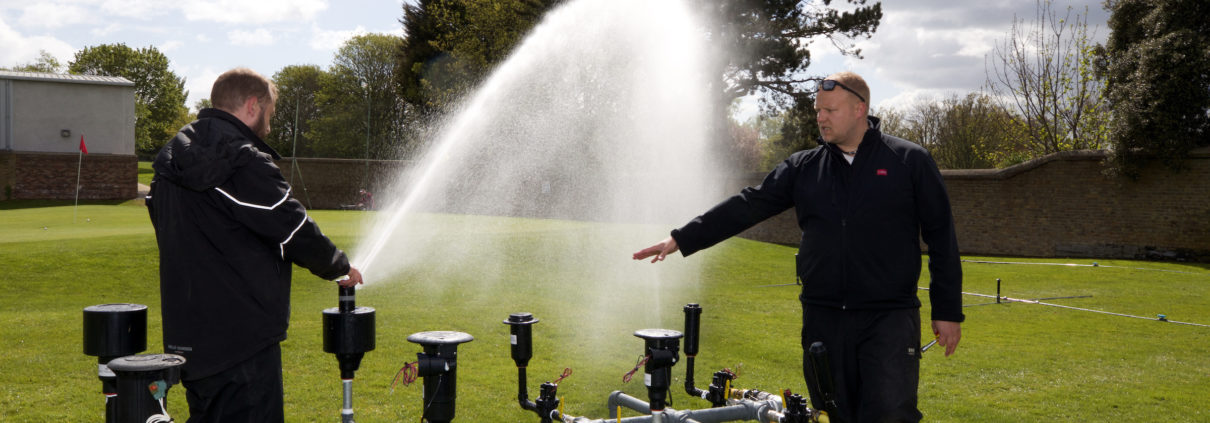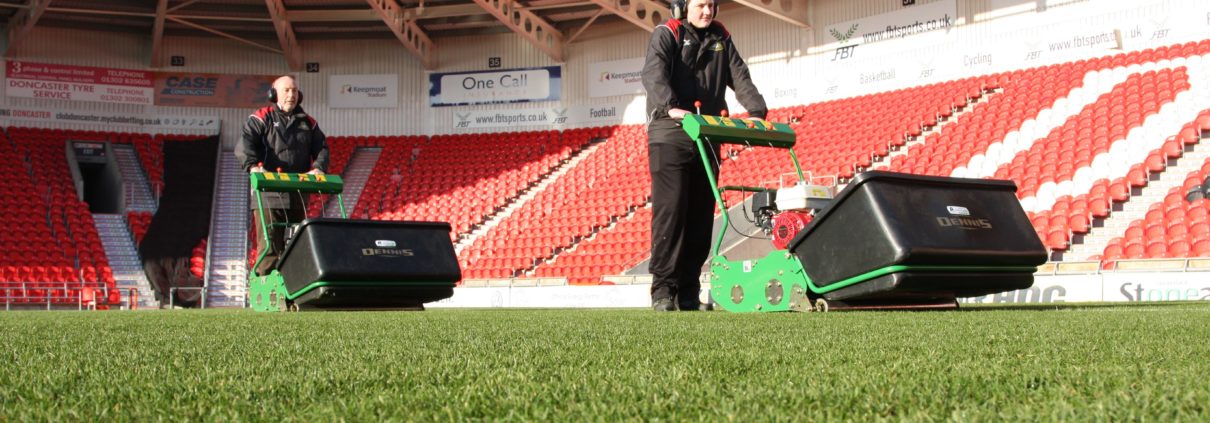Greenkeeper Takes Up Role As ECB Pitch Adviser
Falmouth Greenkeeper Takes Up Role As ECB Pitch Adviser. Cornwall Cricket is delighted to announce the appointment of Simon Johnson, Head Greenkeeper at Falmouth Golf Club, and Head Groundsman at Mount Ambrose CC as its new named ECB Pitch Adviser.
Simon has more than thirty years’ relevant experience and has prepared pitches for Minor Counties’ games while at Camborne CC.
Kevin O’Kelly, who has been the ECB Pitch Adviser for the last five years, has agreed to stay on in an active role and assist Simon in his new position.
Simon Menneer, Cornwall Cricket CEO, said: “This is an excellent outcome for Cornish cricket. We have gained the services for the long-term of an outstanding and respected expert in his field, and retained the valuable services of our outgoing Pitch Adviser which will ensure continuity.”
The ECB Pitch Advisory Scheme is funded by Sport England and ECB, and represents the first governing body to address the issue of groundsmanship, in particular at recreational / non-professional level.
The project is to place 45 County Pitch Advisers across England and Wales and for their activities to be fully embraced into the work of County Cricket Boards.
Roles of a Pitch Adviser:
1. To advise on the quality performance of specific pitches / squares and produce recommendations (where necessary) for any improvements, which may include grant aid schemes (Prioritised Detailed Assessment).
2. To monitor the developments of any facilities on which recommendations are being implemented.
3. Available, if required, to assess pitches / squares in respect of various league criteria.
4. Create a response team for basic assessments.
5. Help build an effective Groundmanship Association.’
To read the original article, click here


















